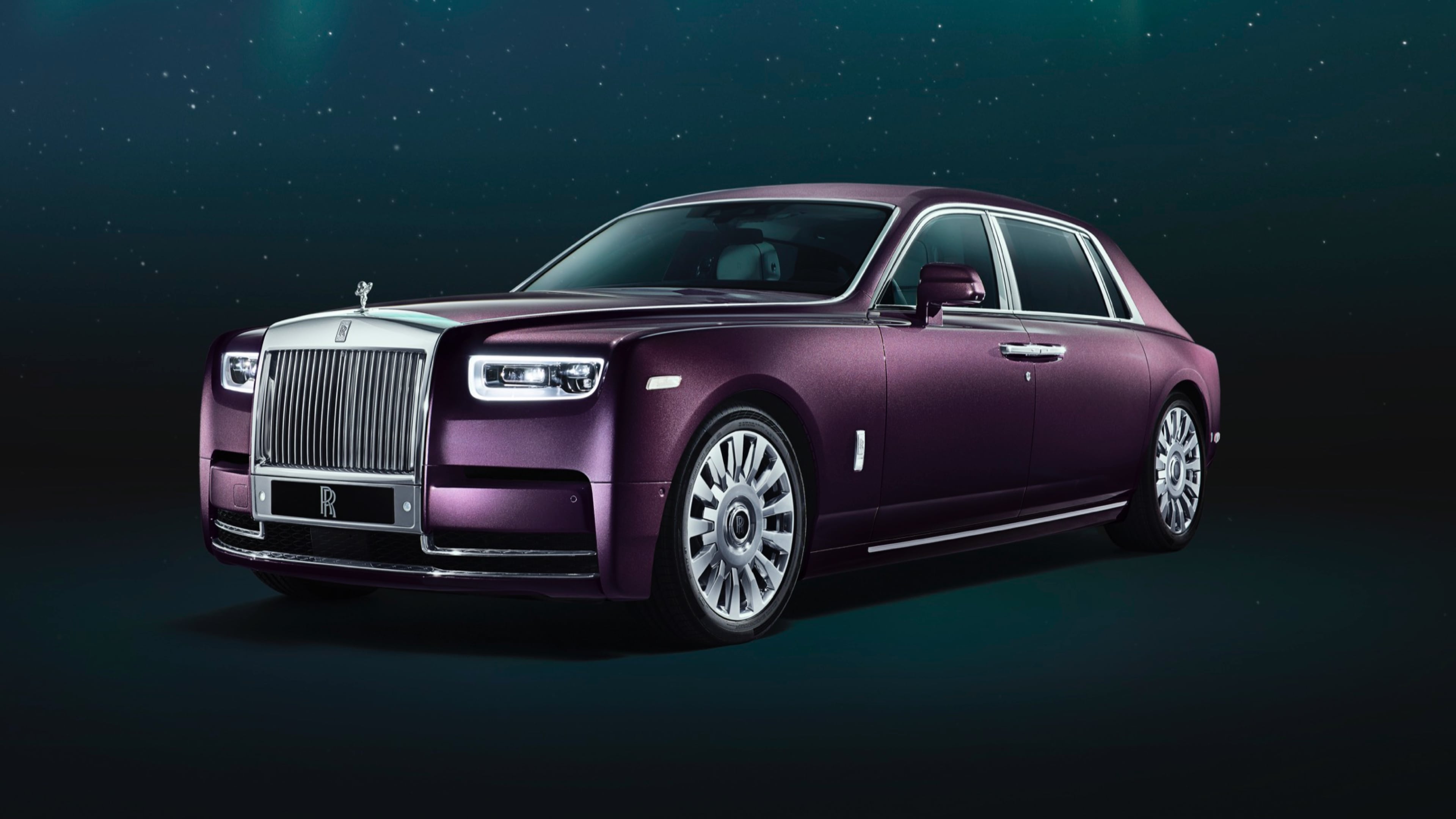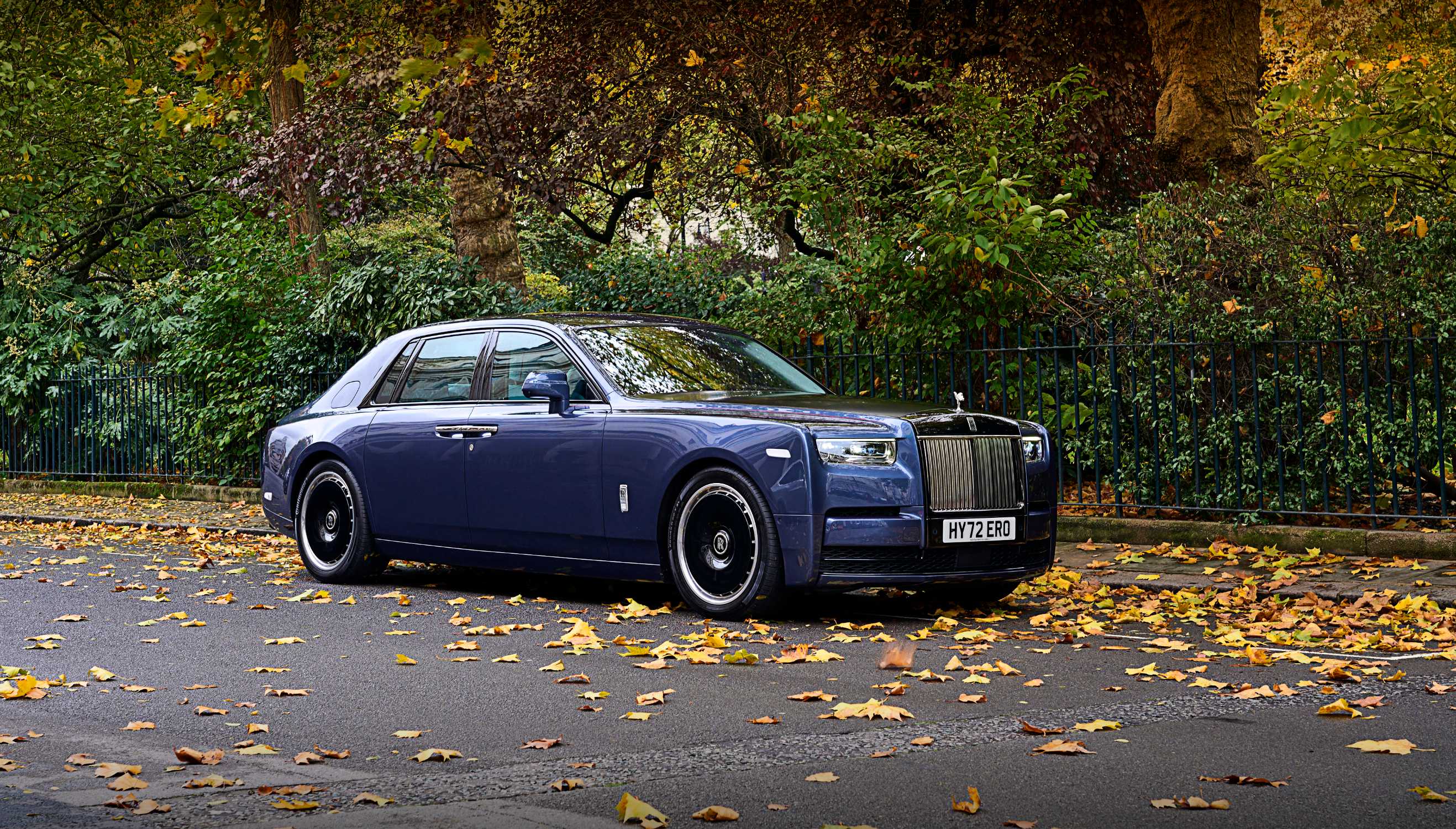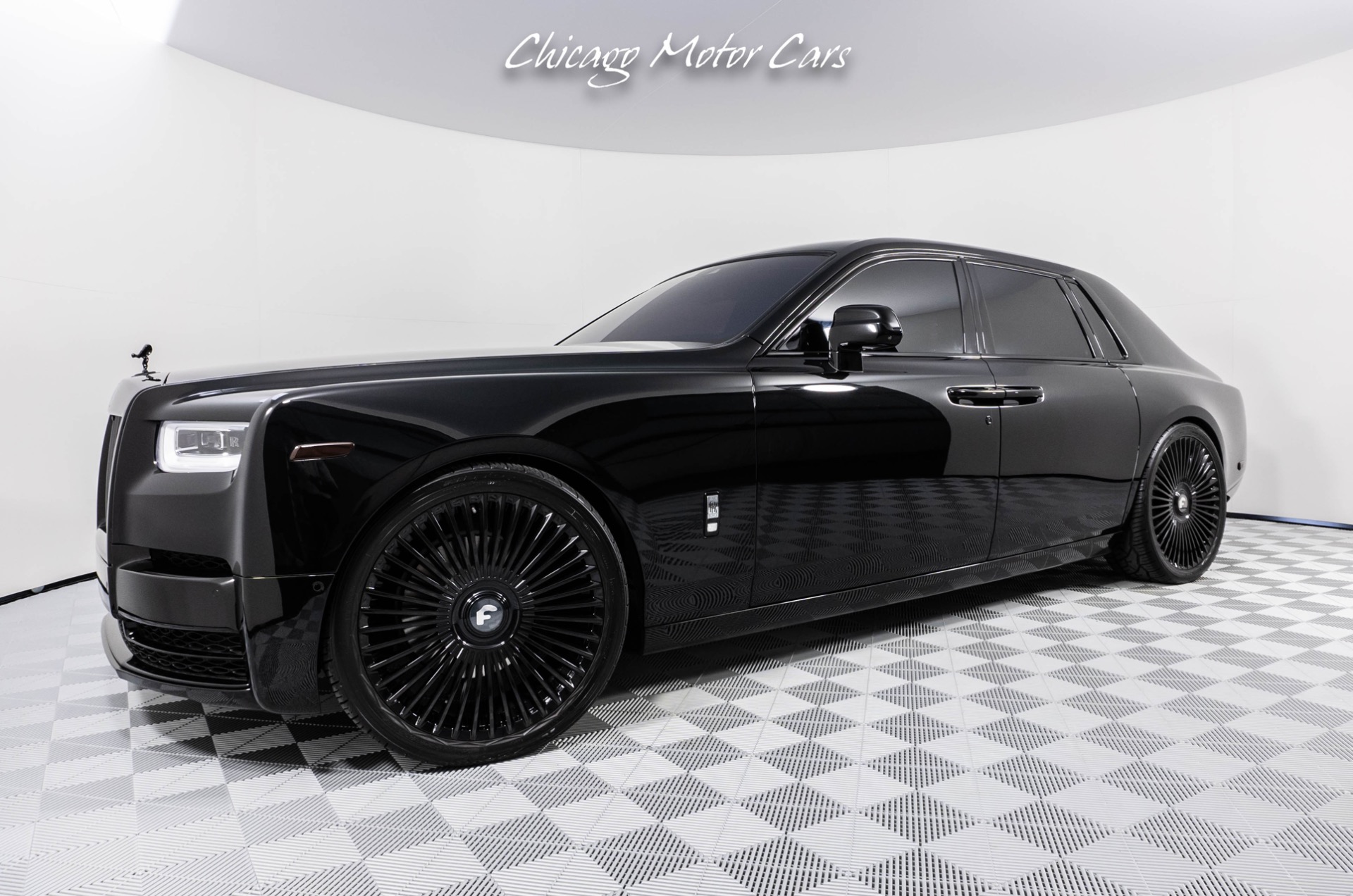There's a special kind of magic when you hear those first few notes, isn't there? The iconic melodies of "The Phantom of the Opera" have a way of capturing your spirit, and you might just find yourself humming along. For many, the true home for these powerful tunes, that, is the piano. It's where the drama and the beauty of the musical often come to life in a very personal way.
This enduring story, filled with mystery and deep feelings, has touched so many people around the world. It’s not just a show you see on a stage; it’s a feeling that stays with you. And for those who love to play music, bringing those grand sounds to your own instrument is a truly rewarding experience, you know? It’s a chance to connect with something really big.
Whether you're someone who enjoys playing a few simple tunes or you're a seasoned musician looking for a challenge, the music from "The Phantom of the Opera" offers something quite special. It pulls you in with its sweeping themes and dramatic flair. We're going to explore just how this incredible music finds its way onto the piano keys, and why it remains so popular for players everywhere, more or less.
Table of Contents
- The Enduring Echo of "Phantom" on the Keys
- Finding "The Phantom of the Opera" for Your Piano
- Beyond the Stage: "Phantom" in Other Forms
- Playing "Phantom": Tips for Aspiring Pianists
- Common Questions About "Phantom" on the Piano
The Enduring Echo of "Phantom" on the Keys
The music from "The Phantom of the Opera" carries a certain weight, a kind of dramatic flair that just feels right on the piano. It’s a story told through sound, and the piano, with its wide range of notes and ability to express different feelings, is actually a pretty perfect match for it. You can almost feel the grand opera house, the hidden passages, and the deep emotions when you play these pieces.
Why "Phantom of the Opera" Still Captivates Piano Players
There are many reasons why this musical keeps drawing piano players in, to be honest. One big part of it is the sheer beauty of the tunes. They are very memorable and have a way of sticking with you. People often want to recreate that feeling at home, so playing it themselves on the piano is a natural step. It offers a chance to feel connected to the story and its characters, too it's almost like stepping into that world yourself.
Another reason is the variety in the music itself. You have powerful, sweeping sections, then quieter, more thoughtful moments. This range makes it interesting to play and to listen to. It allows a pianist to really show what they can do, using different touches and speeds. It’s not just one type of sound; it’s a whole spectrum of feelings, you know?
The story itself, the one about the masked figure and the young singer, is also incredibly compelling. It’s a tale that has resonated with people for a very long time. When you play the music, you are bringing that story to life through your fingers, which is a rather unique experience. It’s more than just notes; it’s a narrative unfolding right there on your keys, as a matter of fact.
The Iconic Melodies: What Makes Them Special
When we talk about "The Phantom of the Opera," certain melodies immediately come to mind. The main theme, with its powerful, rising notes, is instantly recognizable. It sets a mood of mystery and grandeur. This particular tune, you know, is often the first one people try to play. It has a dramatic build-up that feels really good to perform.
Then there are the more tender songs, like "All I Ask of You," which offer a softer, more romantic side. These pieces allow for a different kind of expression, focusing on melody and harmony. They show the emotional depth of the story, and playing them can be quite moving. You get to play with the quiet and loud parts, creating a feeling of conversation, in a way.
The music also uses certain sounds that make it feel very grand, like opera music usually does. It has a richness to it that fills a room. Playing these pieces on the piano, you get to explore those full sounds, making your instrument sound like a whole orchestra, pretty much. It’s a testament to the composer's skill that these tunes work so well on a single instrument, actually.
Finding "The Phantom of the Opera" for Your Piano
If you're looking to bring "The Phantom of the Opera" to your piano, you're in luck. There are many ways to find the music you need. Whether you prefer traditional books or digital files, the options are quite plentiful. It’s just a matter of finding what works best for your skill level and your personal preferences, so.
Exploring Sheet Music and Arrangements
The most common way to get started is with sheet music. You can find full vocal scores, which include all the singing parts and the piano accompaniment. These are great if you want to play along with singers or just want the complete musical picture. They tend to be more detailed, which is good for serious players, too.
For those who are just starting out or want something simpler, there are many piano arrangements available. These versions often simplify the more complex parts, making them easier to play. You can find arrangements for different skill levels, from beginner to advanced. It’s a good idea to pick one that feels right for where you are with your playing, you know?
Sometimes, you might find books that collect the "greatest hits" from the musical. These usually feature the most popular songs, like the main theme or "Music of the Night." They are often a good starting point if you just want to play a few favorite tunes without getting a whole big book. They are quite popular, apparently.
Digital Resources and Learning Tools
In today's world, digital sheet music is very common. You can download files directly to your tablet or computer. This is convenient because you can often get the music right away. Many websites offer printable versions, so you can have a physical copy if you prefer that, by the way.
Beyond just the notes on a page, there are many online tools that can help you learn. You can find video tutorials that show you how to play specific sections. Some apps even let you slow down the music or highlight notes, which can be really helpful for learning at your own pace. These tools make learning more accessible, in some respects.
Online communities and forums can also be a good resource. You might find other piano players who share tips or even their own arrangements. This can be a fun way to connect with others who love the same music. It’s a pretty supportive environment for learning, actually.
Beyond the Stage: "Phantom" in Other Forms
The idea of "Phantom" goes beyond just the famous musical. It's a concept that has appeared in many different places, showing how compelling the idea of a mysterious, unseen presence can be. This broad presence helps explain why the musical's piano music feels so familiar and deeply rooted, more or less.
The "Phantom" Name Across Different Creations
It's interesting how the name "Phantom" pops up in so many different areas. For instance, in "My text," we hear about a game called "Phantom" where a character's story is like the relationship in the movie "Leon: The Professional." The game's main plot also seems to take cues from "Nikita," another film. This shows how stories of hidden figures or unexpected connections can inspire new creations, you know?
There's also talk of a "Phantom 4" drone, which was used to launch fireworks and was surprisingly sturdy, even after a small explosion. This just goes to show that the "Phantom" name can also mean something that's tough and reliable, even when facing unexpected challenges. It's kind of fascinating how a name can carry different feelings across different things, that.
Even in the world of forums, we see "Phantom forum" with thousands of posts and many topics. This suggests a community built around a shared interest, a place where people connect over something that might seem a bit mysterious or specialized to outsiders. It highlights the idea of a presence, even if it's just online, that brings people together, as a matter of fact.
Then there's the "Cyberpunk 2077 Phantom Liberty DLC," which is a big expansion for a popular video game. The translation of its title, "往日之影" (Shadows of the Past), hints at hidden histories and lingering influences. This connects back to the idea of a "phantom" being something from the past that still has an effect, which is very much like the musical's story, too.
Sound and Innovation: The Phantom Speaker Connection
When it comes to sound, the "Phantom" name also appears in a very high-end way. "My text" mentions the Devialet Phantom Gold speaker, sometimes called the "golden egg," which is a very expensive and well-regarded wireless speaker. This speaker is known for its incredibly clear and powerful sound, which is exactly what you want when listening to something as grand as "The Phantom of the Opera."
The connection here is pretty clear: a "Phantom" speaker aims to deliver sound that is almost unbelievably good, making you feel like the music is truly present, even if the source is unseen. It’s about creating an experience that is both rich and powerful. This mirrors how the musical itself aims to create a full, immersive sound world for its audience, actually.
The existence of PHANTOM high-speed cameras, made by AMETEK (VISION RESEARCH), also points to precision and capturing details that are often missed by the human eye. In a way, this speaks to the idea of seeing or hearing what is usually hidden, much like the Phantom himself. It's about revealing something that's always there but not always perceived, you know?
All these different uses of the "Phantom" name, from games to drones to high-tech speakers, show how the concept of something powerful, mysterious, or even hidden, yet always present, is deeply woven into our culture. This widespread recognition makes the musical's presence on the piano feel even more natural and powerful, as if the "phantom" is truly everywhere, including on your keys, naturally.
Playing "Phantom": Tips for Aspiring Pianists
Learning to play "The Phantom of the Opera" on the piano can be a truly rewarding experience. It takes some dedication, but the joy of playing those famous tunes makes it all worthwhile. Here are a few thoughts on how to get started and keep going, okay?
Starting Your Musical Journey
First things first, pick an arrangement that fits your current playing level. Don't try to tackle the most complex version right away if you're just starting out. It's better to begin with something you can manage and build your skills from there. A simpler version that you can play well will feel much more satisfying than struggling with something too hard, you know?
Listen to the original musical often. Get familiar with how the songs are supposed to sound, the feelings they convey, and the rhythm. This will help you bring more expression to your own playing. It’s like getting to know a story really well before you try to tell it yourself, as a matter of fact.
Break the music down into smaller parts. Don't try to learn a whole song all at once. Focus on a few measures at a time, making sure you play them correctly and smoothly. Once you've mastered a small section, then move on to the next. This makes the learning process feel less overwhelming, pretty much.
Use a metronome to help with your timing. The music has some very specific rhythms, and keeping a steady beat is important. A metronome can be a very helpful tool for this, especially when you're first learning a new piece. It keeps you honest with your tempo, you know?
Overcoming Challenges with Practice
Some parts of the music might seem tricky at first. Don't get discouraged! Every piano player faces challenges. The key is to practice slowly and patiently. Playing a difficult section at a very slow speed, even slower than you think you need to, can help your fingers learn the movements. You can gradually speed it up as you get more comfortable, so.
Focus on one hand at a time if a section is particularly difficult. Practice the right-hand part until it feels natural, then do the same for the left hand. Once both hands are comfortable, then try putting them together slowly. This method often helps with coordination, too it's almost like learning two separate dances before trying to do them together.
Record yourself playing sometimes. Listening back to your own playing can help you spot areas where you need to improve. You might hear things you didn't notice while you were playing. It’s a good way to get an objective view of your progress, you know?
Remember that practice is not just about playing the notes correctly. It’s also about bringing the music to life. Think about the story, the characters, and the feelings behind each song. This will help you play with more expression and make your performance more engaging. It's about putting your own heart into the music, actually.
Learn more about the phantom of the opera is there on the piano on our site, and link to this page for more piano playing tips.
Common Questions About "Phantom" on the Piano
Is "The Phantom of the Opera" music hard to play on the piano?
The difficulty really depends on the specific arrangement you pick, you know? There are versions made for beginners that are simpler, focusing on the main tunes with fewer notes. Then there are very complex arrangements that are quite challenging, requiring a lot of skill. So, you can find something that fits your level, pretty much.
Where can I find free sheet music for "Phantom of the Opera" piano?
Finding free sheet music for popular, copyrighted musicals like "The Phantom of the Opera" can be a bit tricky, to be honest. Most official arrangements are sold by publishers. However, you might find simplified versions or arrangements shared by other musicians on various music-sharing platforms. Sometimes, older, public domain works might be available, but the popular musical itself is still under copyright, so.
What are the most popular songs from "Phantom of the Opera" to play on piano?
Definitely the main theme, "The Phantom of the Opera," is a big one, you know? People also really love playing "Music of the Night" because it's so beautiful and flowing. "All I Ask of You" is another very popular choice, as it has a lovely melody that works well on the piano. These are the ones most often sought out by players, as a matter of fact.



Detail Author:
- Name : Consuelo Kozey
- Username : donnell.maggio
- Email : vveum@yahoo.com
- Birthdate : 1997-11-09
- Address : 1161 Nader Glens Suite 128 Lake Grace, PA 58655-4265
- Phone : 1-325-409-0669
- Company : Jones Ltd
- Job : Terrazzo Workes and Finisher
- Bio : Molestiae iste quo deleniti perspiciatis. Iusto maxime illum natus esse. Quis ex id iste alias quidem natus aliquid.
Socials
facebook:
- url : https://facebook.com/stracked
- username : stracked
- bio : Eum ducimus fugit recusandae tempore sit nostrum.
- followers : 1571
- following : 727
tiktok:
- url : https://tiktok.com/@stracked
- username : stracked
- bio : Quidem perferendis quae sint amet. Qui pariatur totam deleniti ut ipsa ullam.
- followers : 3508
- following : 392
instagram:
- url : https://instagram.com/dstracke
- username : dstracke
- bio : Ab voluptatum ea explicabo eligendi laboriosam. Ut voluptas ullam quos esse.
- followers : 6298
- following : 2981
linkedin:
- url : https://linkedin.com/in/stracked
- username : stracked
- bio : Amet dignissimos dolorem a.
- followers : 6104
- following : 463



























